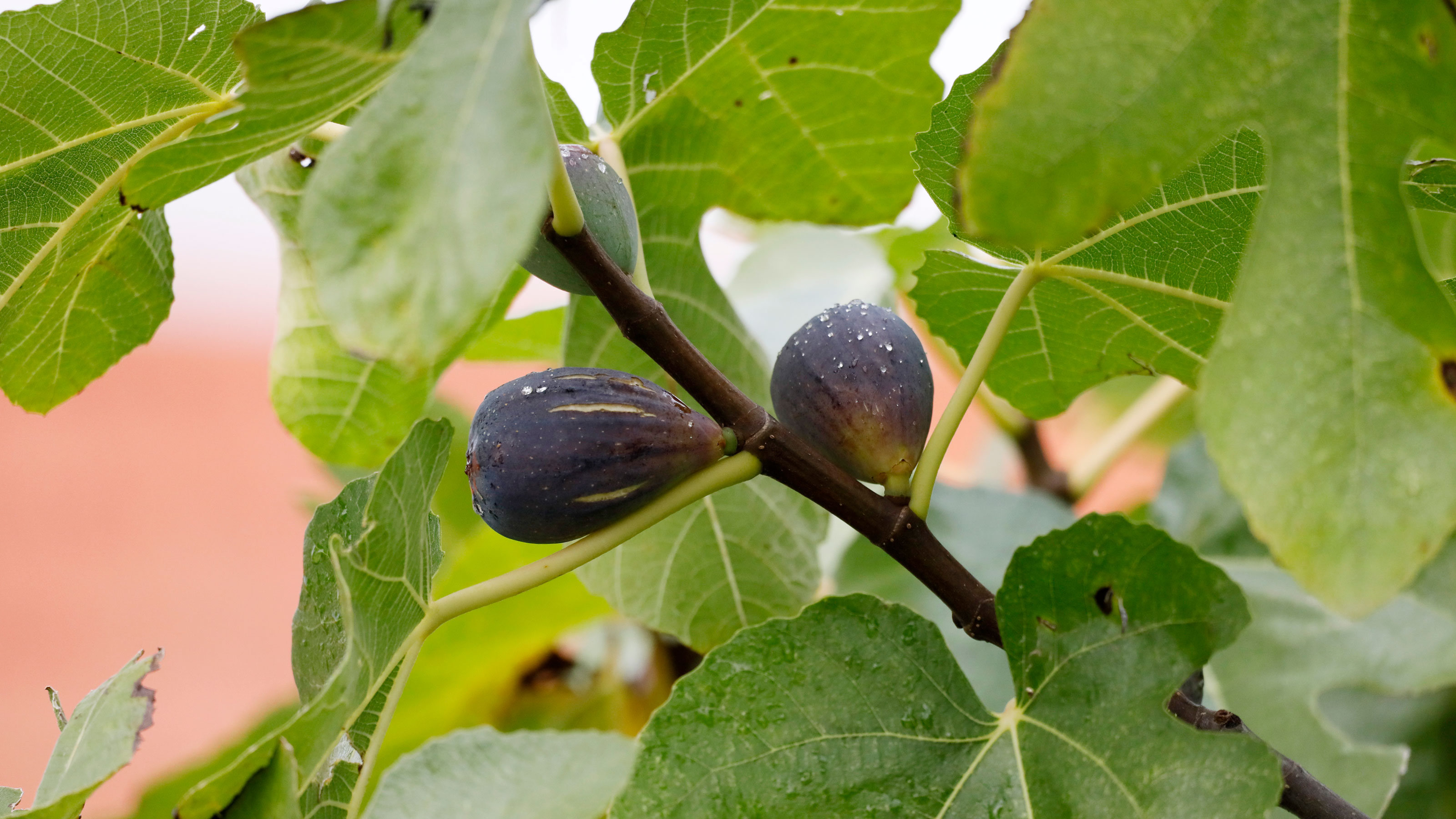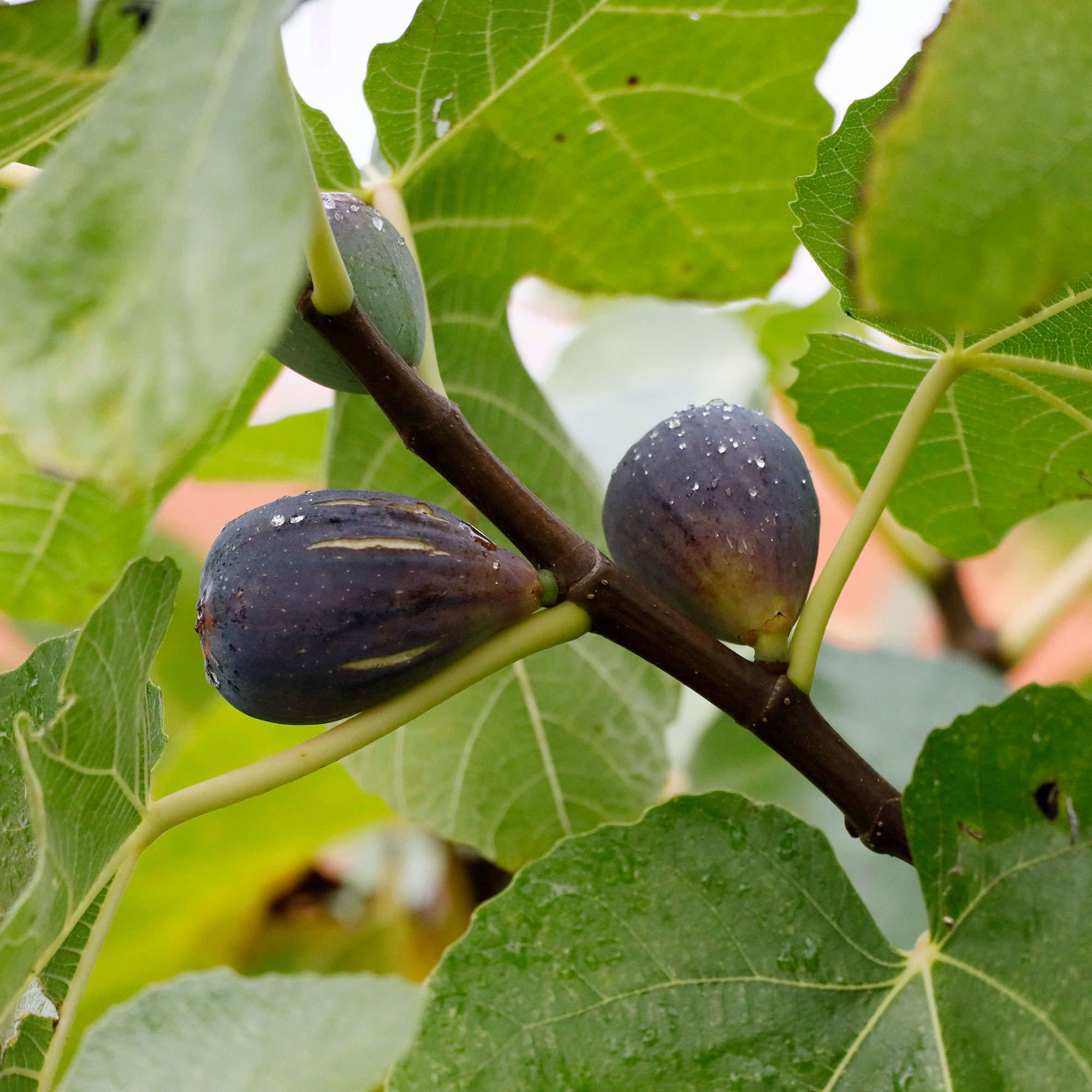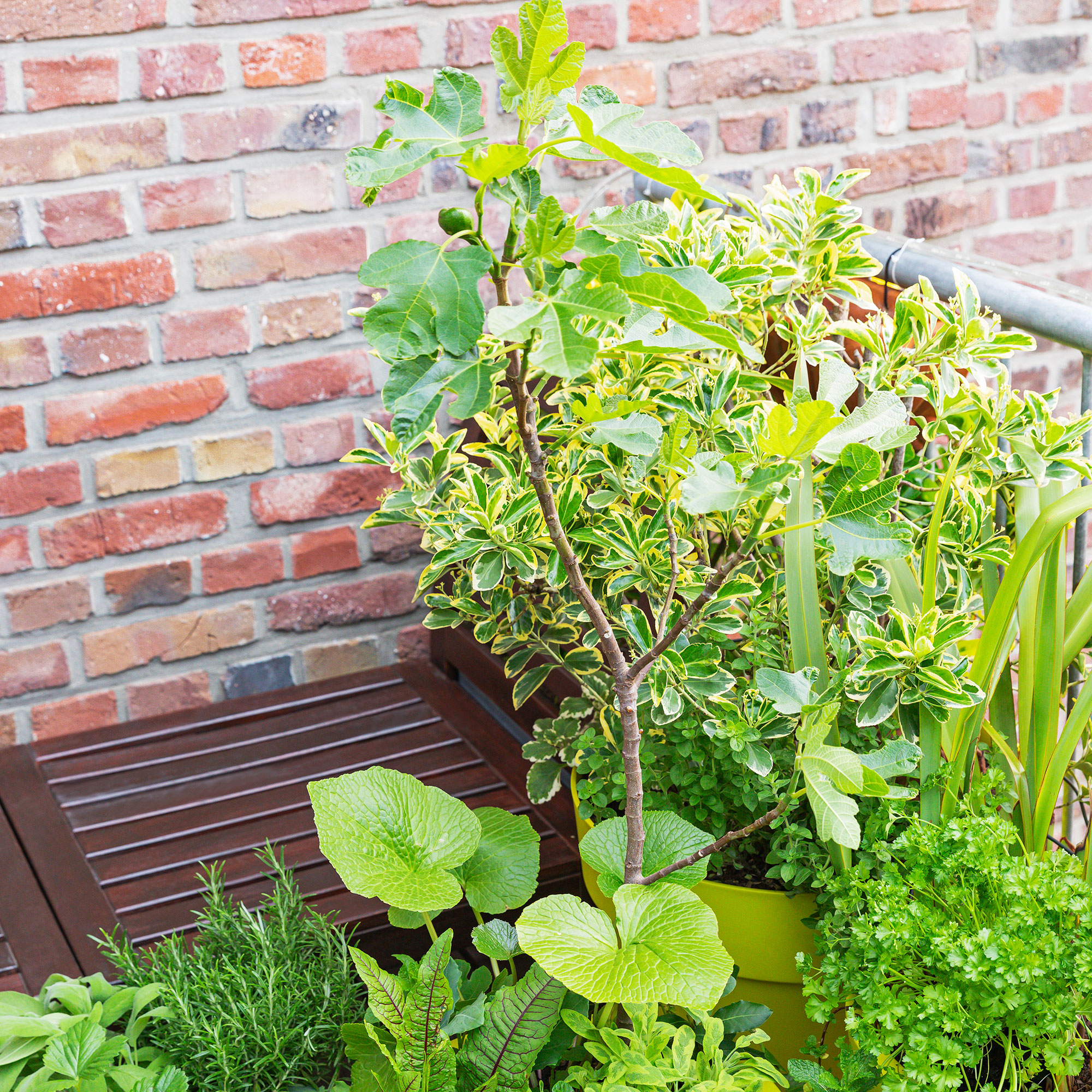When to prune fig trees - experts reveal the perfect time to improve the health of your tree (and its fruit)
Pruning at the wrong time could spell disaster for your fig tree


Like many other fruit trees, fig trees need a huge amount of space to grow. Being confined to a small corner of your garden will ultimately affect the yield and the overall health of the tree, but knowing when to prune fig trees can help you keep your fig tree (and its fruit) in tip-top condition.
Knowing how to prune fig trees is an essential piece of information to know. But while having the tools and tips to cut this tree back is important, you also need to know when to complete this garden task, as all fruit-producing plants are different. In fact, you should prune an apple tree in November, and you should prune summer-fruiting raspberries in late summer.
Ultimately, pruning fig trees at the right time can lead to bigger trees and even more fruit, but it’s vital to take precautions when undergoing this gardening task. The sap from these trees is an irritant, so it's always best to wear gloves to avoid any contact between the sap and your skin.
When to prune fig trees
‘Pruning your fig tree will help to increase fruits and also encourage growth,’ explains Neil Miller, Head Gardener at Hever Castle & Gardens. However, pruning at the wrong time could spell disaster for your fruit tree.

So, when exactly should you prune a fig tree? Just like when to prune forsythia, Steve Chilton, garden expert at LeisureBench says, ‘If you have a young fig tree, then you should take a look at it in spring and remove any dead branches that didn't survive over the winter or were generally weakened by the cold.’
‘These branches will prove a hindrance to the growth of your plant, so you need to cut these down to about 5cm long (2 inches) in order to encourage new growth without damaging the plant and its branches any further.’

By focusing on your pruning efforts in the spring and after the last frost, you can rest easy knowing that your fig tree will have time to properly heal itself after its been pruned. This will ultimately prevent the risk and spread of disease.
However, the best time to prune mature fruit trees is a little different. ‘If you have a mature fig tree, then you should avoid pruning it in spring and only prune it when it’s dormant, which is around autumn and winter time. This is because fig trees bleed sap if pruned and cut into outside of their dormant season, and excessive bleeding can cause the fig tree to die or at least become unhealthy and weak,’ explains Steve.

Steve also suggests giving your young fig trees a second prune during the autumn months, but you need to be careful when doing so. This prune aims to tidy up the tree in preparation for winter without cutting anything in the process.
Instead, focus on removing the figs that didn’t ripen during the growing season rather than cutting back any of the branches. And by keeping your pruning shears well out of sight, you can also ensure that you don’t accidentally cut off any of the fruitlets.
‘When pruning, you should also avoid cutting off the fruitlets. ‘Fig fruit come from pea-sized fruitlets formed from the previous year, so leave these well alone unless they are attached to unruly branches and stems, in which case prune gently there but keep as many of the compact shoots with fruitlets as you can,’ says Neil.

Steve is a passionate and knowledgeable garden expert with several years of experience within the field and has developed strong expertise for all things nature and plants. Steve is a keen educator and loves to share this knowledge with others. He strives to simplify complex garden practices and encourage eco-friendly gardening.
FAQs
What month is best to prune fig trees?
The best time to prune fig trees is when the tree is dormant. Generally, this is between late winter and early spring. You can also prune them again in autumn, but you need to be careful as the tree will have started producing new fruit during this time.
How do you prune an overgrown fig tree?
If your fig tree is growing too big for your garden, it’s important to strike a balance when pruning. While you should aim to cut some back old wood, you should also leave some behind.
Focus on hard pruning the bare branches, leaving a stub of around 3cm, to allow replacement shoots to grow in their place.
While you’re doing this, it’s also a good idea to prune any crisscrossing branches and attempt to open up the canopy.
Most importantly, you should avoid cutting off the fruitlets, as this will ultimately affect your fruit yield.
Now you know when to prune fig trees, it’s time to get pruning!
Get the Ideal Home Newsletter
Sign up to our newsletter for style and decor inspiration, house makeovers, project advice and more.

Lauren Bradbury has been the Content Editor for the House Manual section since January 2025 but worked with the team as a freelancer for a year and a half before that. She graduated with a Bachelor’s degree in English and Creative Writing from the University of Chichester in 2016. Then, she dipped her toe into the world of content writing, primarily focusing on home content. After years of agency work, she decided to take the plunge and become a full-time freelancer for online publications, including Real Homes and Ideal Home, before taking on this permanent role. Now, she spends her days searching for the best decluttering and cleaning hacks and creating handy how-to guides for homeowners and renters alike, as well as testing vacuums as part of her role as the Ideal Home Certified Expert in Training on Vacuums, having spent over 110 hours testing different vacuum models to date!
-
 Will a conservatory add value to your home and how can you maximise it?
Will a conservatory add value to your home and how can you maximise it?This is what the pros say
By Amy Reeves
-
 I’ve been looking for a new signature scent for my home and The White Company's new fragrance is the exact summer holiday smell I needed
I’ve been looking for a new signature scent for my home and The White Company's new fragrance is the exact summer holiday smell I neededSantorini smells fresh, summery and sophisticated
By Kezia Reynolds
-
 How to remove algae from garden walls in five steps – and the cleaning product experts rave about for tackling it fast
How to remove algae from garden walls in five steps – and the cleaning product experts rave about for tackling it fastExperts share their top tips for getting garden walls algae-free
By Katie Sims